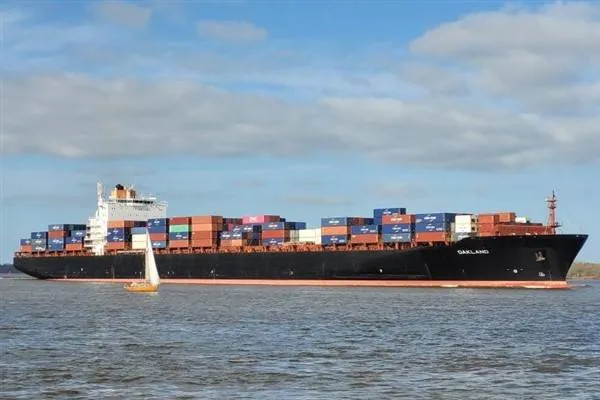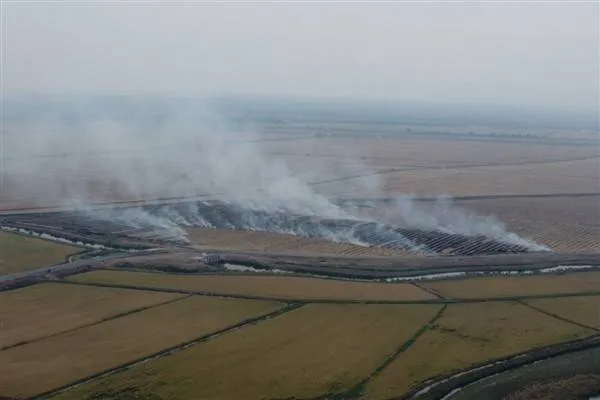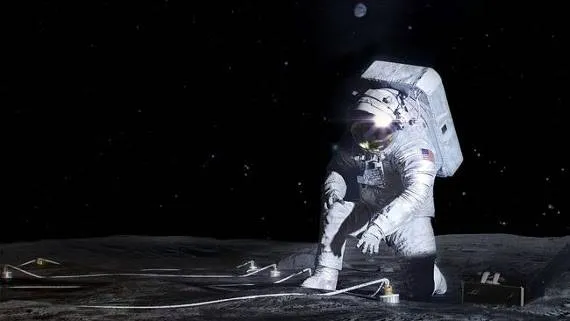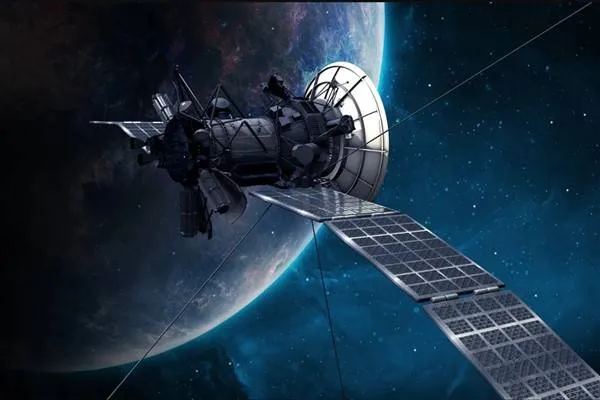China tests a fast route to Europe via the melting Arctic
Moscow, September 18 (Hibya) – A Chinese company is preparing to sail a cargo ship along Russia's northern coast toward Europe. This trial voyage has become possible thanks to melting ice and the acceleration of climate change.
On September 20, China will send the container ship Istanbul Bridge from Ningbo-Zhoushan, the world’s largest port, to the UK’s Felixstowe port on an 18-day journey. The ship will be accompanied by icebreakers. The goal is not a one-off voyage, but the establishment of a regular service along Russia’s Northern Sea Route connecting many ports in Asia and Europe.
Malte Humpert, founder and senior fellow at the Washington-based Arctic Institute, which studies Arctic security, said: “The big picture is that the Arctic is opening up. Twenty years ago it was frozen. Now it’s melting and opportunities are opening, which sparks interest.”
According to Humpert, the impact could be greater than shipping schedules: “The Arctic is the first region where climate change is altering the geopolitical map. Without climate change, we wouldn’t even be discussing this. Russia wouldn’t be producing oil and gas in the Arctic. China wouldn’t be sending container ships through the Arctic.”
“This is the first major region in the world where climate change is rapidly and actively shifting geopolitical dynamics — due to resources, access to shipping routes, and the sudden accessibility of a new area.”
Humpert added: “These changes are happening faster than expected even five or ten years ago.”
“Ten years ago, everyone thought we wouldn’t see container shipping in the Arctic until 2040 or 2050. And here we are in 2025, and the Chinese are doing it,” he added. “Are they making money? That doesn’t really matter… what matters is gaining knowledge and understanding how to do it. That’s what the Chinese are doing — gaining experience and training.”
Europe Asia News















